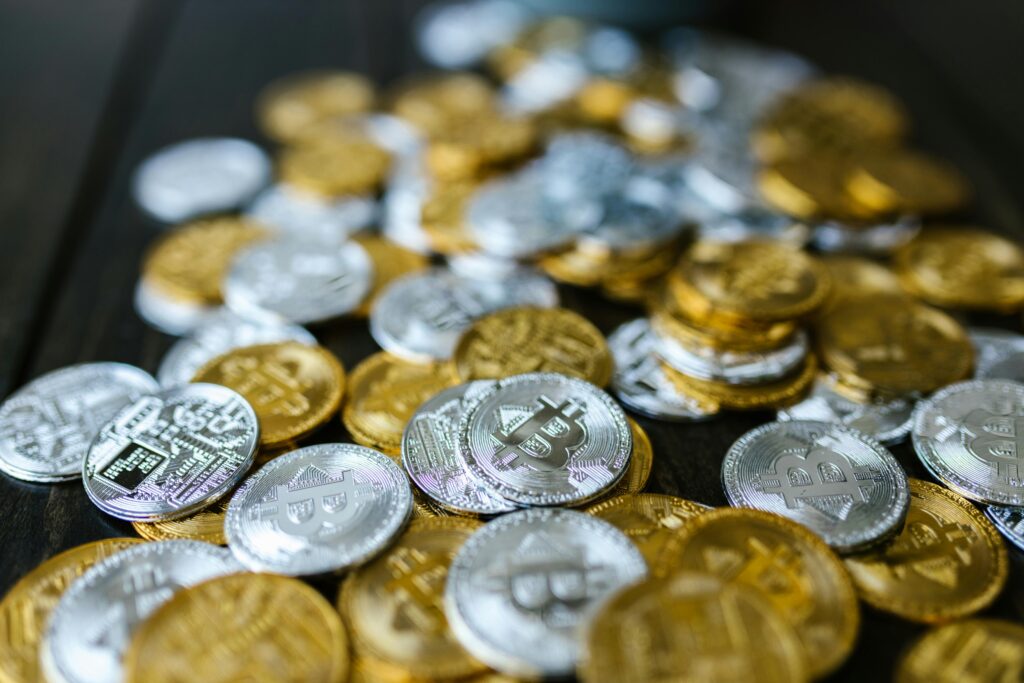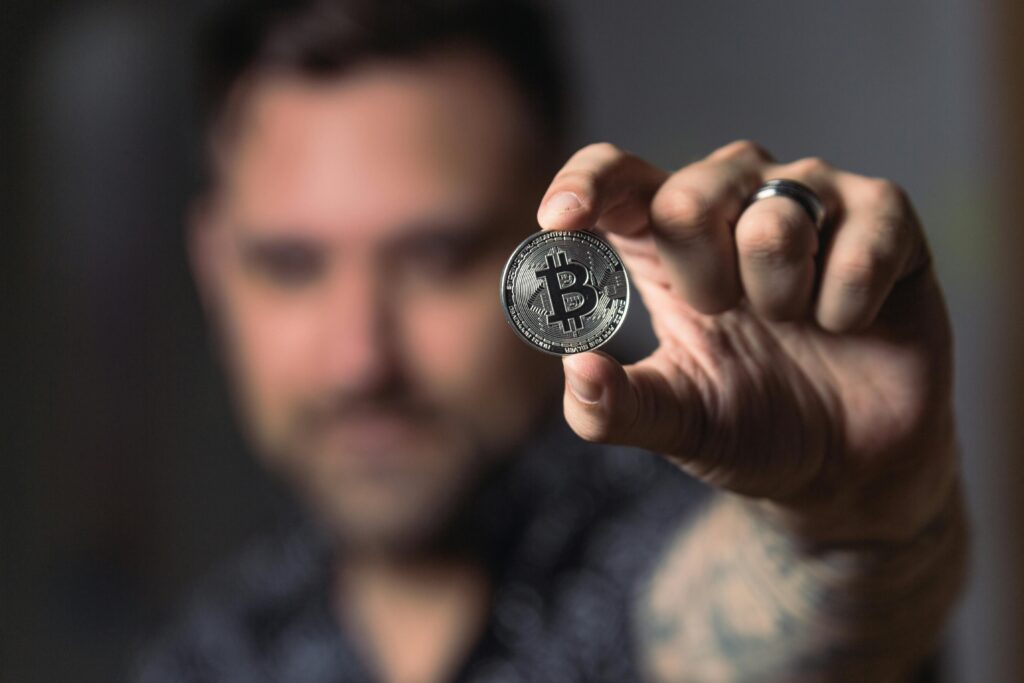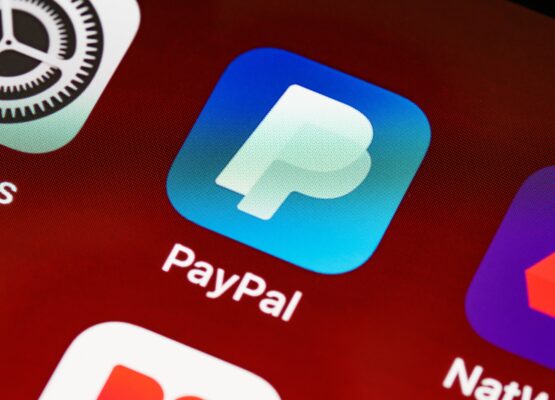
Following Islamic law is important for Muslims and knowing if something is halal or not will be a deciding factor when entering cryptocurrency. If you’re on the fence regarding entering the crypto market because of this, we understand and want to help you make the move.
This article will look at both sides of the discussion and see if crypto can be halal.
The Great Halal Debate

Islamic scholars are torn in calling cryptocurrency either halal or haram. One side argues that crypto assets don’t have enough credibility as a currency to be considered halal or permissible in Islam. They also point out that some crypto tokens are used for unsavory activities like money laundering, which is against Sharia law.
On the other end of the spectrum, several muftis and Islamic scholars view crypto as halal. Some arguments they use include the lack of riba or interest in transactions and the use of crypto as a form of exchange. There’s also the argument that crypto itself is neutral, and how it’s used makes it halal or haram.
Another major point of discussion is the speculative nature of cryptocurrency. As most cryptocurrency is volatile due to its dependence on market trends, those not in favor of crypto use this to claim that it is haram. However, crypto proponents counter that all currencies can be speculative, thus not directly disqualifying the digital asset.
What Makes a Crypto Halal

Based on the discussion above, here are some critical points to look at when deciding if a crypto project is halal or not. While this isn’t an exhaustive list, you can use this as a reference before buying a crypto token on the market.
Stability
The first factor to consider is the crypto asset’s stability. Stablecoins like ETHi Token have more probability of becoming halal, as their value doesn’t change drastically based on market changes.
Traceability
Traceability is another important factor in the legitimacy of cryptocurrency from the Islamic point of view. Thankfully, most crypto assets are easily traceable via blockchain transactions. Each transaction is recorded on the blockchain and produces a transaction hash which can be used to check them.
Purpose
As stated above, cryptocurrency is neutral by nature – meaning the crypto project being halal or haram is based on how it’s used. If the cryptocurrency is designed and created for a legitimate purpose, then it can be confidently called halal.
Intrinsic Value
While many view cryptocurrencies as not having intrinsic value, this is not the case. Crypto was created to be an alternative to fiat currency, and most crypto has a value based on the US Dollar. Stablecoins, in particular, are minted based on real-world assets. ETHi Token, for example, is rooted in the US rent-to-own real estate market.
Doing your due diligence in studying the crypto project before diving in will help you decide if it’s halal or not. Buying and keeping crypto in your wallet is relatively safe, though trading may pose some risks.
ETHi Token is a crypto token poised to comply with Sharia law. Whether you’re a budding crypto trader or an established name in the crypto market, adding ETHi to your portfolio will be a great choice. Check out ETHi today!



